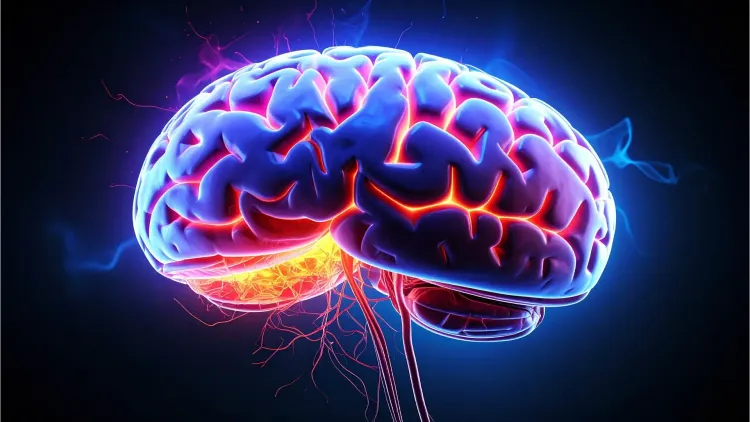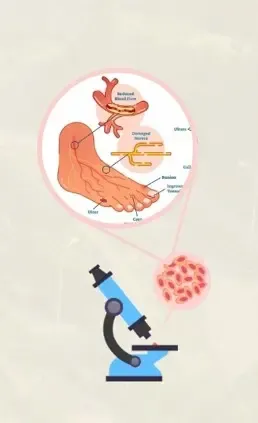How Can Earlier Menopause and Poor Heart Health Impact Brain Function?

Synopsis
Key Takeaways
- Early menopause can adversely affect heart health.
- The combination of early menopause and cardiac issues negatively impacts brain function.
- Reduced blood flow to the brain can lead to cognitive decline.
- Research highlights the need for sex-specific approaches in dementia risk studies.
- Understanding these links is crucial for effective prevention strategies.
New Delhi, Oct 21 (NationPress) A recent study reveals that women who experience earlier menopause may have a negative impact on their heart health, which can subsequently influence their brain and cognitive performance.
While earlier research has linked early menopause to an increased risk of cognitive decline and Alzheimer’s disease later in life, the study team notes that the combined effects of premature menopause and impaired cardiac function on brain health remain under-explored.
Impaired cardiac function can compromise brain health by restricting the vital supply of oxygen and nutrients to the brain. This diminished blood flow can harm brain tissue, lead to silent strokes, and heighten dementia risk, highlighting the crucial relationship between heart and brain health.
The new findings indicate that early menopause adversely modifies the relationship between cardiac function and aspects such as gray matter volume, white matter hyperintensity, and cognitive ability.
“Our understanding of how menopause, particularly early menopause, affects cognitive aging is still evolving. By exploring the intersection of cardiovascular and neurological health, we aim to illuminate this critical yet frequently overlooked field of research,” stated lead author Tallinn Splinter from the University of Toronto, Canada.
This study, showcased at the ongoing 2025 Annual Meeting of The Menopause Society in Orlando, involved over 500 participants to determine if earlier menopause influences the relationship between heart function and brain health.
Cardiac function was evaluated through resting left ventricular ejection fraction via cardiac MRI, while brain MRI was utilized to assess gray matter volume and white matter hyperintensity metrics.
Cognitive functions were measured using standardized neuropsychological assessments.
The researchers concluded that both early menopause and declining cardiac function could have a synergistic detrimental effect on brain health.
“These results emphasize the necessity of incorporating sex-specific considerations, like the timing of menopause, into dementia risk research, thereby informing tailored prevention and intervention strategies,” remarked Dr. Stephanie Faubion, medical director for The Menopause Society.








